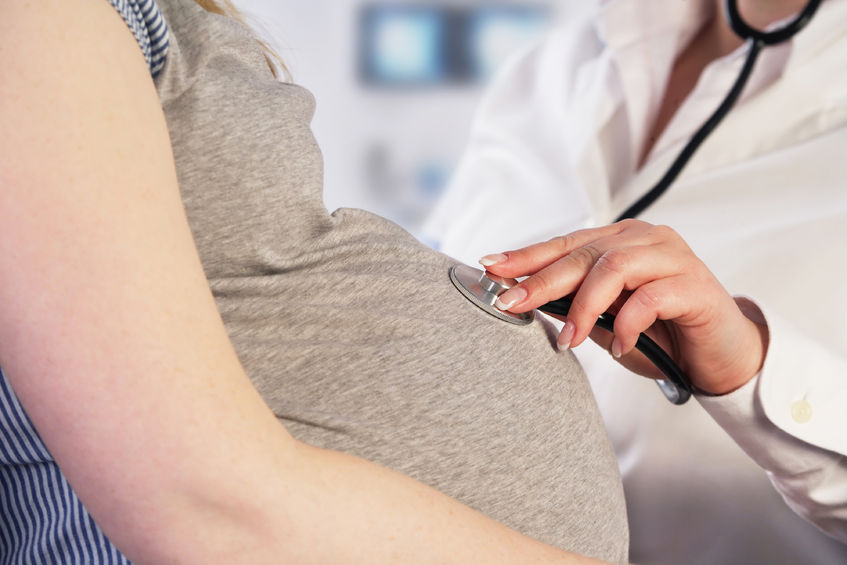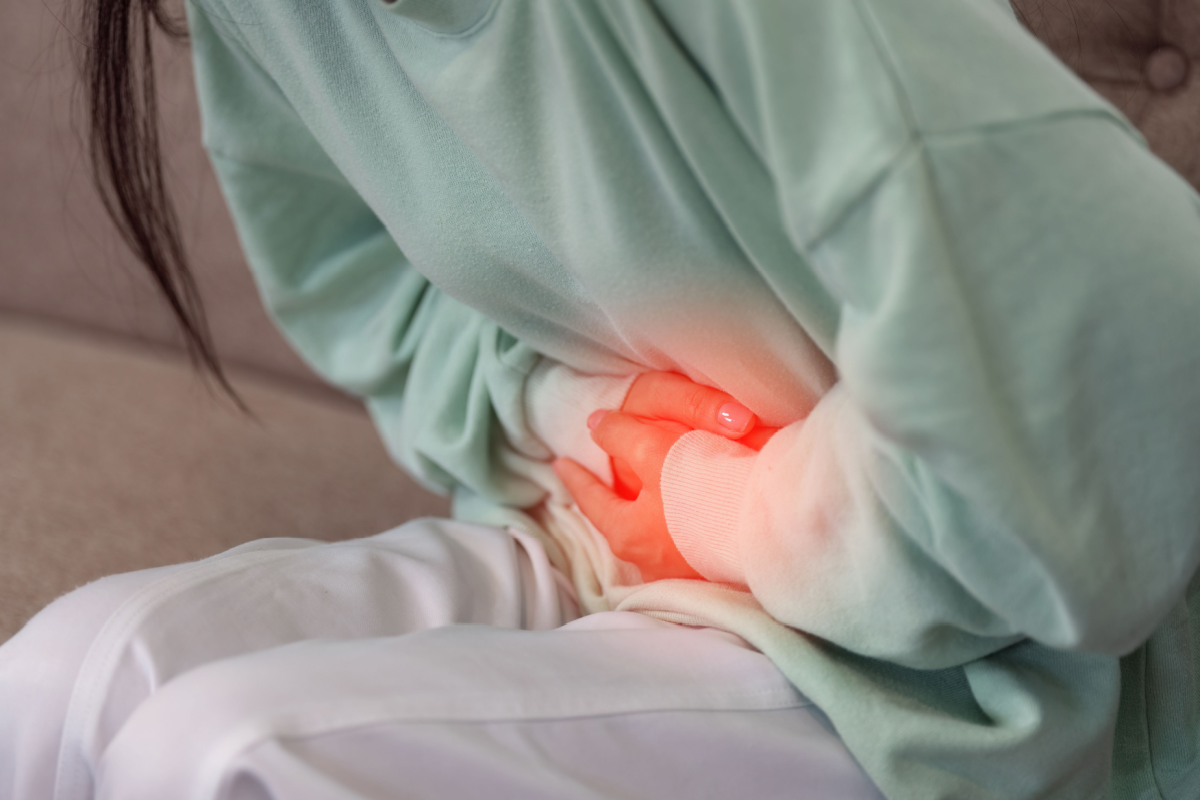According to Anish Sebastian, the White House Champion of Change in Precision Medicine, pregnancy apps are the second most downloaded in the health and fitness category. In light of this, Sebastian and his business partner Juan Pablo Segura, created the first mobile app aimed at allowing clinicians to remotely monitor their expecting patients’ health.
The clinical tool – called Babyscripts – was developed alongside obstetrician/gynecologists at George Washington University. Once a clinic signs up to use the tool in their practice, low-risk patients interested in the technology are provided with a wireless blood pressure cuff and weigh scale contained in a “Mommy Kit.”
The Babyscripts app prompts patients to measure their blood pressure and weight at least once per week – data which is transmitted to the physician using Wi-Fi for remote monitoring. The home-based data collection could allow obstetricians to identify high blood pressure or excessive weight gain earlier than they normally would at a monthly prenatal appointment.
“Patients don’t have to come in as often, but you’re capturing ten times as much data,” said Segura. In validating the app with George Washington University researchers, Babyscripts was first tested with low-risk pregnancies.
The researchers recently presented their clinically-relevant findings from the weigh scale and blood pressure data at the American College of Obstetricians and Gynecologists meeting. According to Segura, among the 200 women with completed pregnancies and 1,000 pregnant women currently using the app, compliance has been around 85 percent. This indicates that women are using the devices and the app following the suggested testing schedule, and physicians are collecting valuable data.
By the end of 2016, Segura expects to have 3,000 pregnant patients using the platform, with the potential to expand that number to 30,000 women who attend one of ten healthcare provider networks in the US who have adopted Babyscripts. According to Segura, the pregnancy apps category is a popular but “mysterious” category.
“A majority of pregnancies are low risk, but things can change suddenly and quickly,” said Segura. Both pre-eclampsia and gestational diabetes are among the most common health issues during pregnancy, which require medical intervention to improve outcomes for both mom and baby.
Luckily, high blood pressure and high blood sugar are useful biomarkers for pre-eclampsia and gestational diabetes, respectively. Multiple cases of pre-eclampsia have been diagnosed earlier thanks to the data collected using the Babyscripts platform, and the team are developing an expanded Babyscripts Plus kit which could include a glucometer to detect gestational diabetes.
“The goal we’ve had from the get-go is not just to stay within the low-risk category but to offer more services to low-risk patients,” said Segura. “The idea is to completely rethink how all of pregnancy care can be delivered in a risk-based model.”












Join or login to leave a comment
JOIN LOGIN